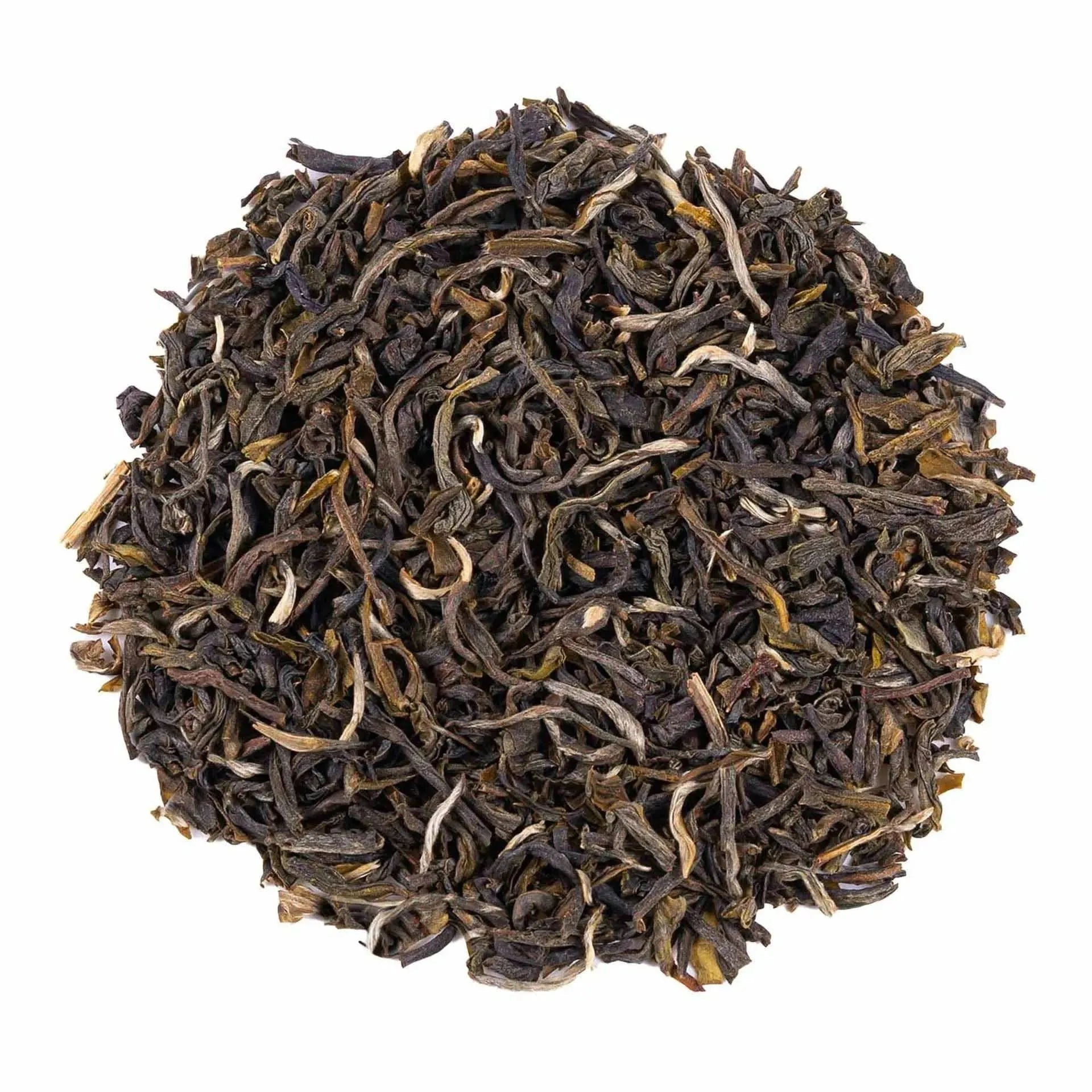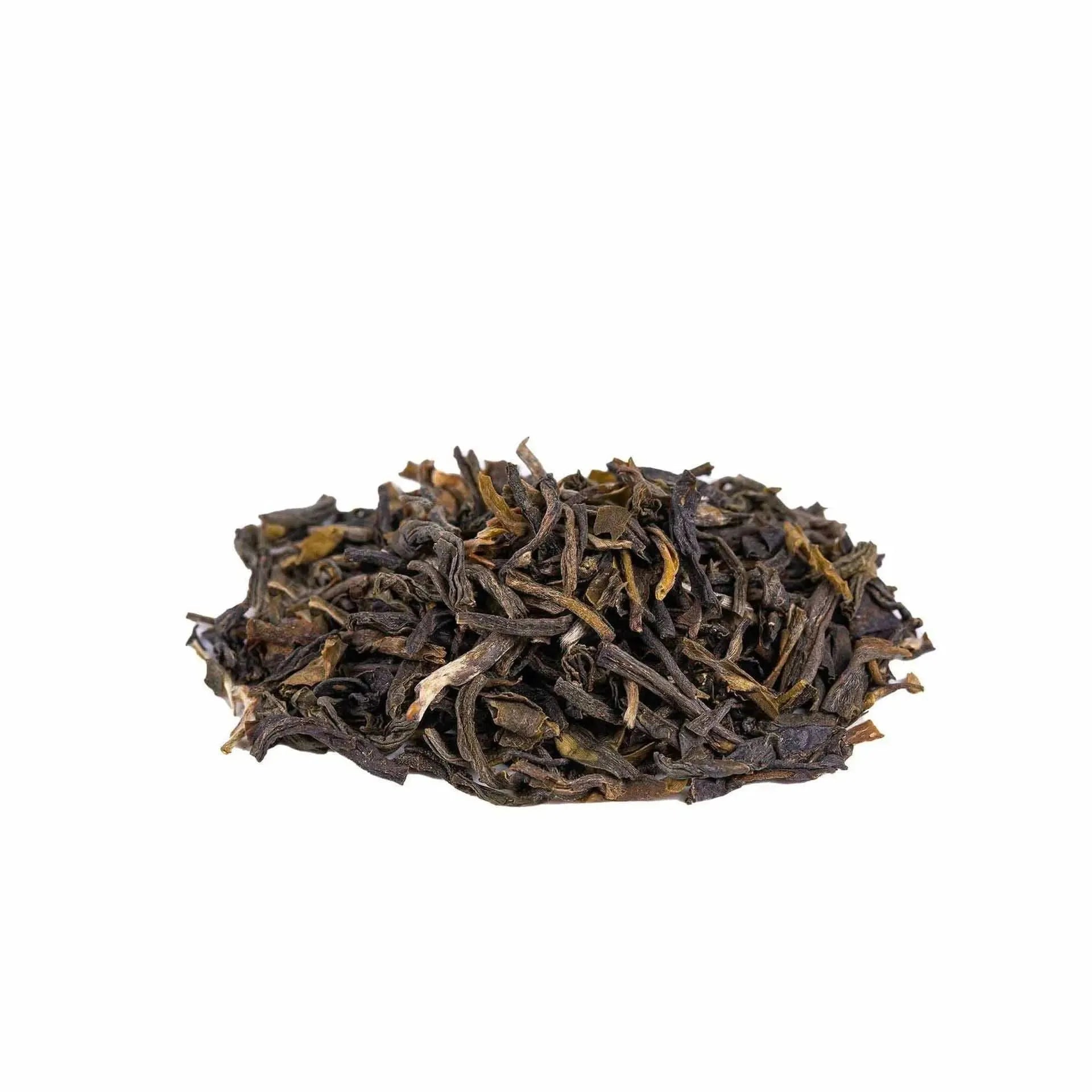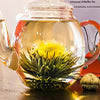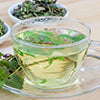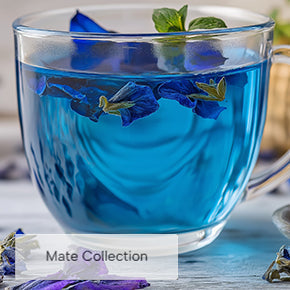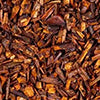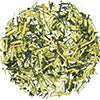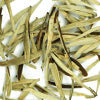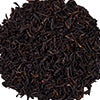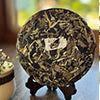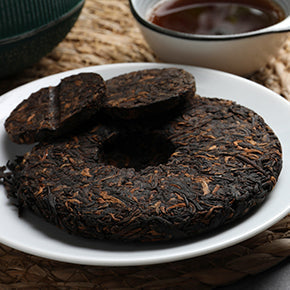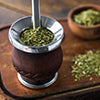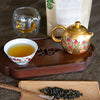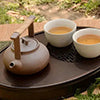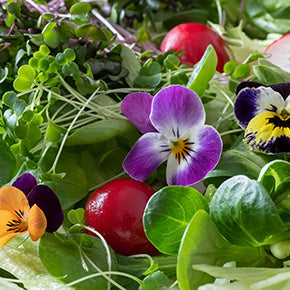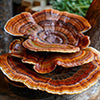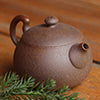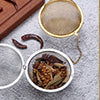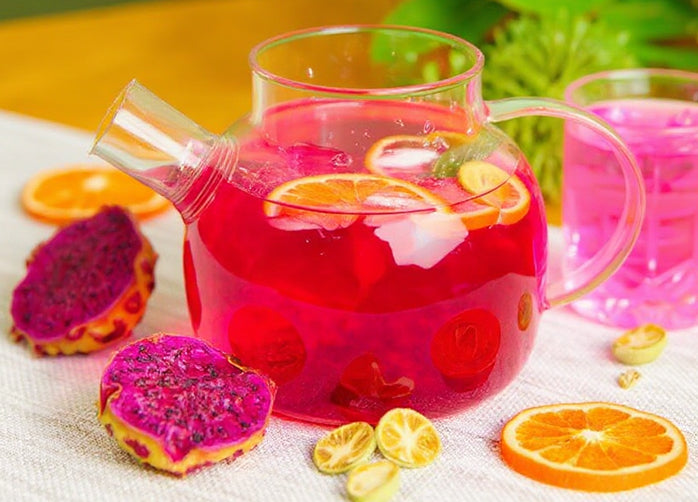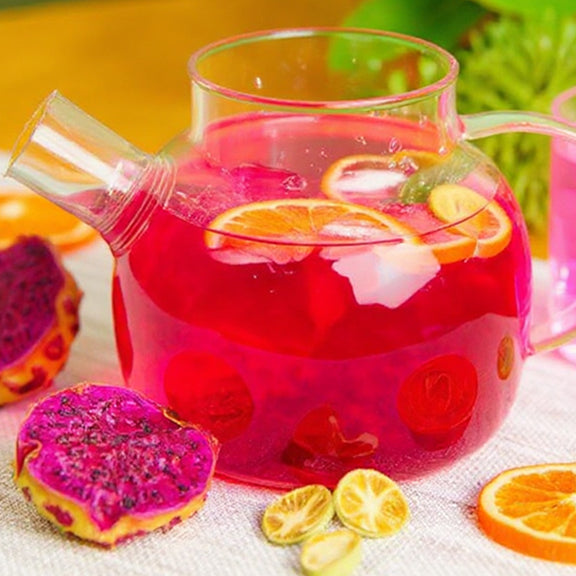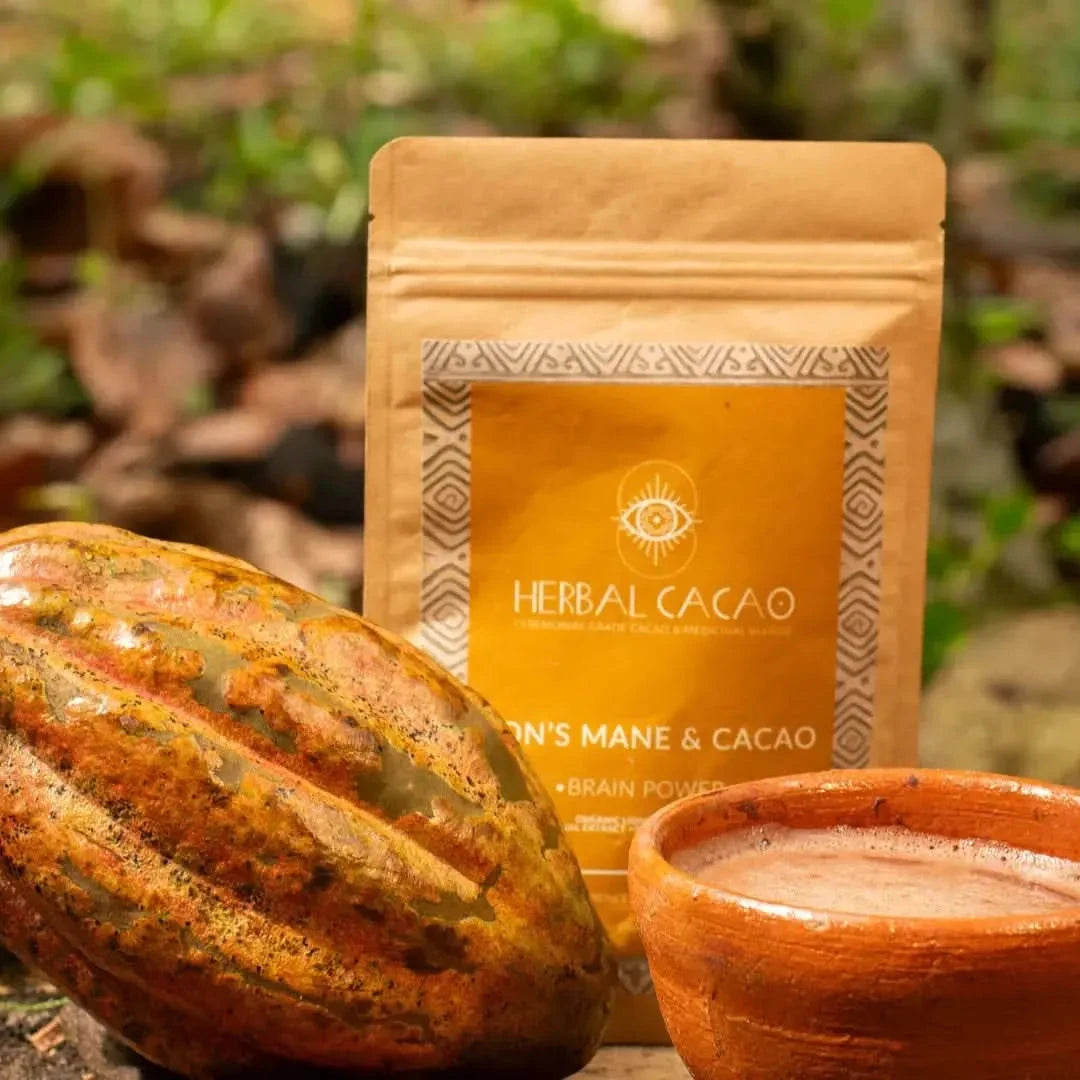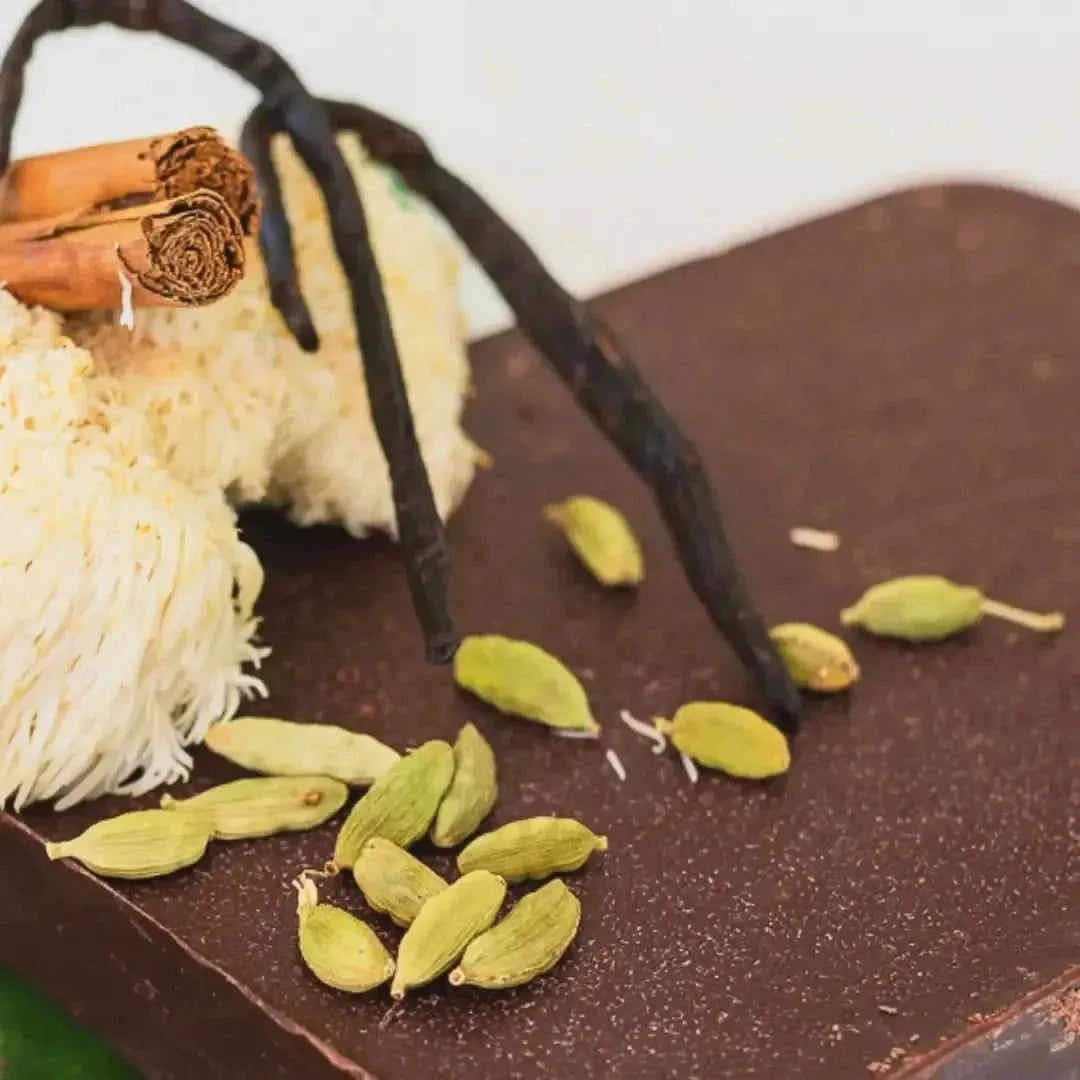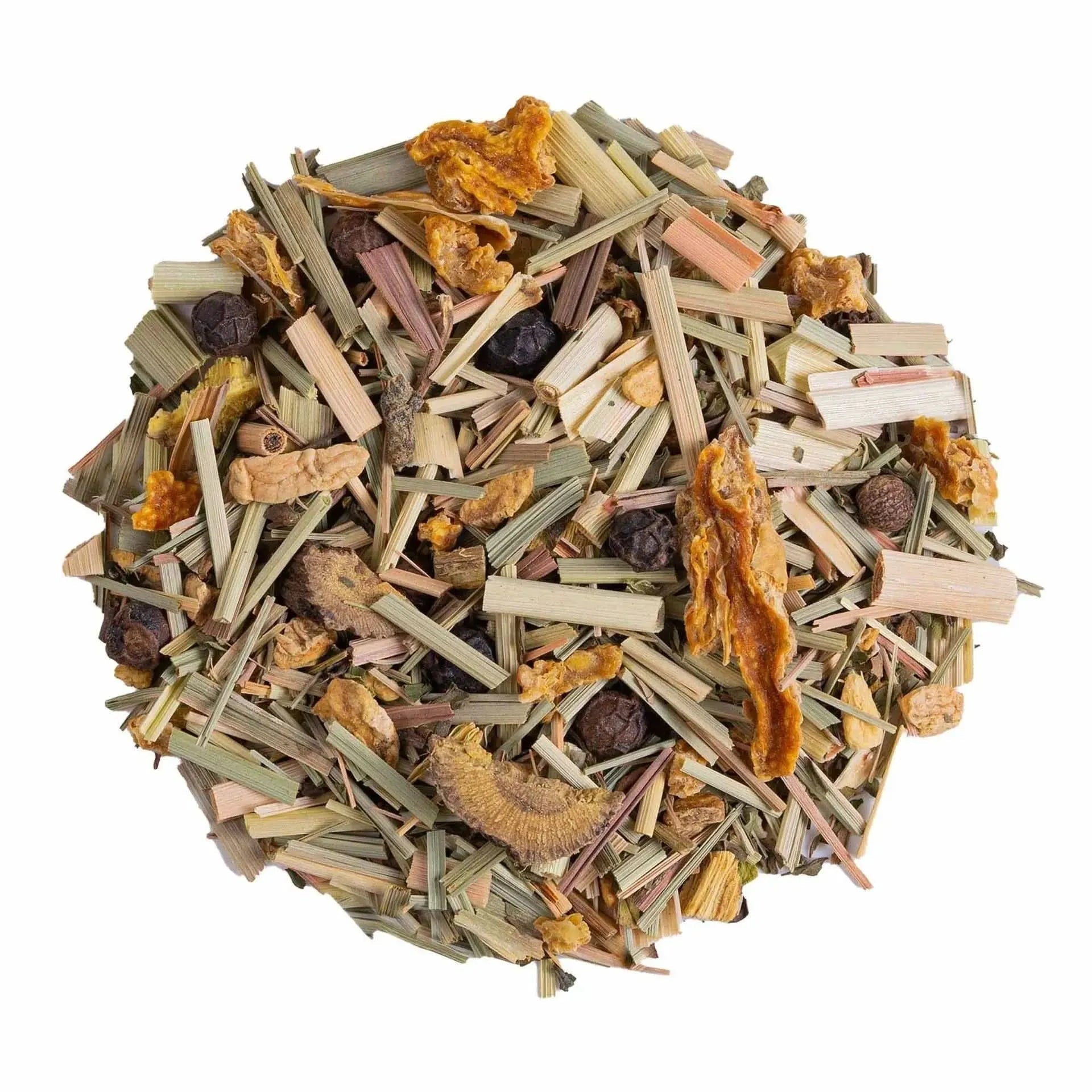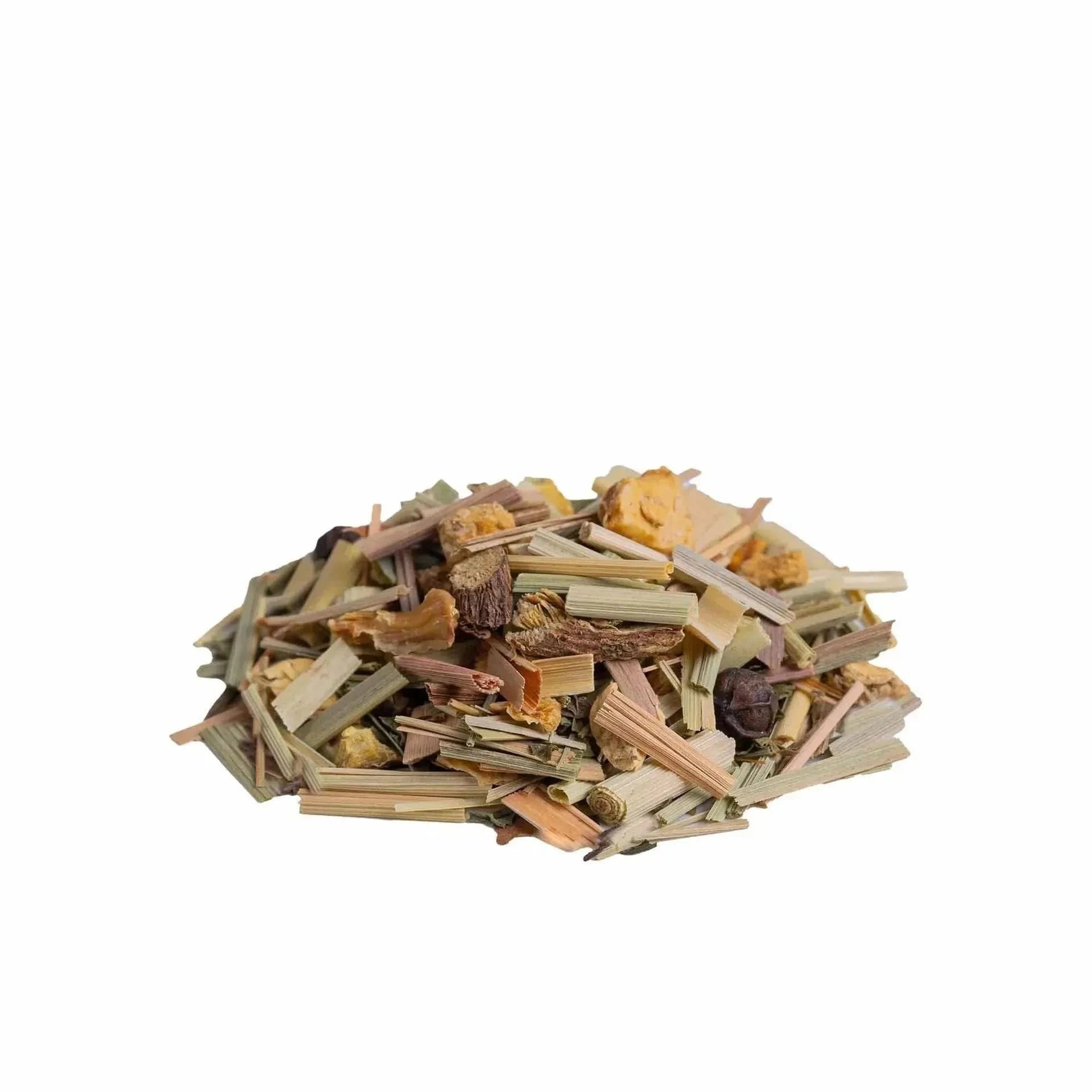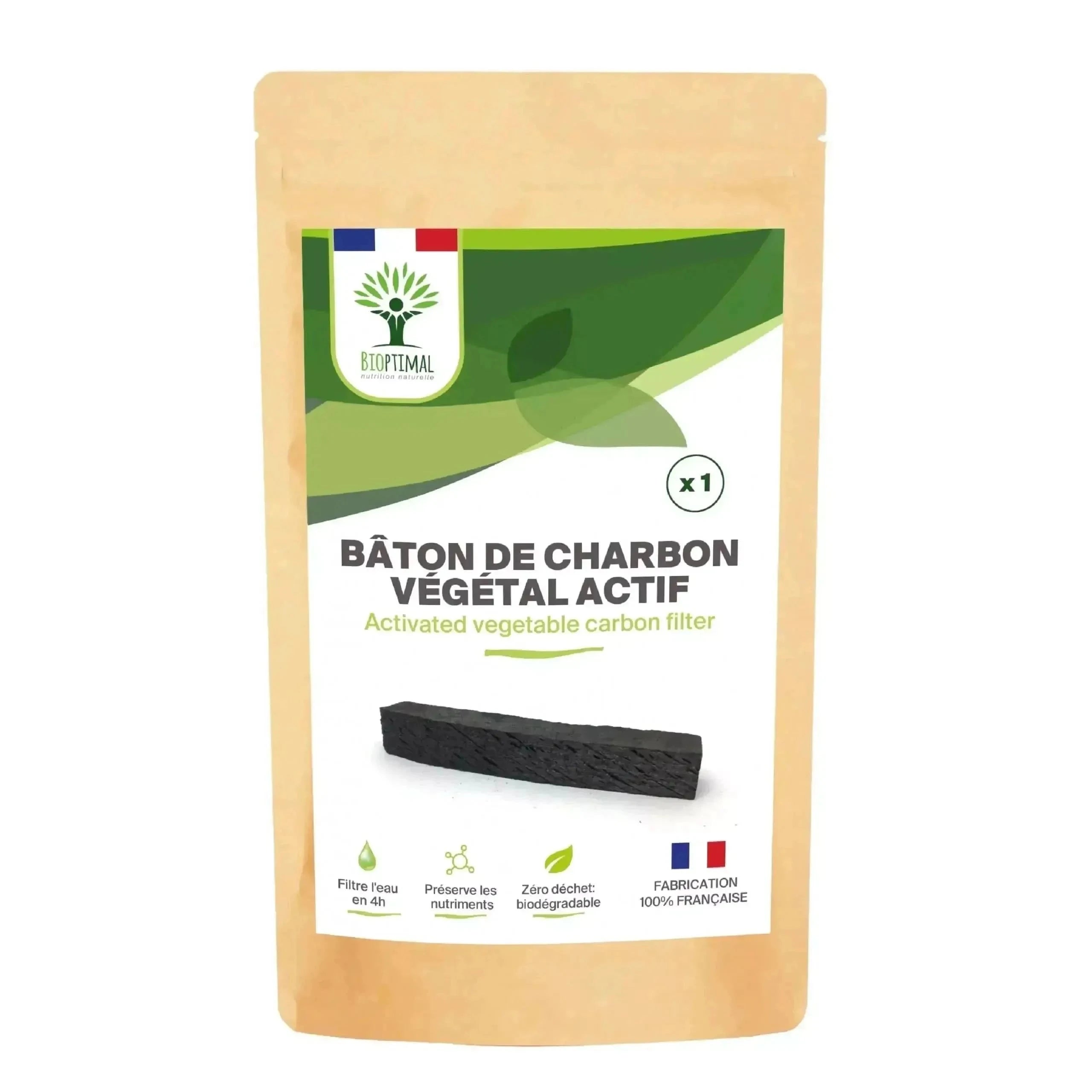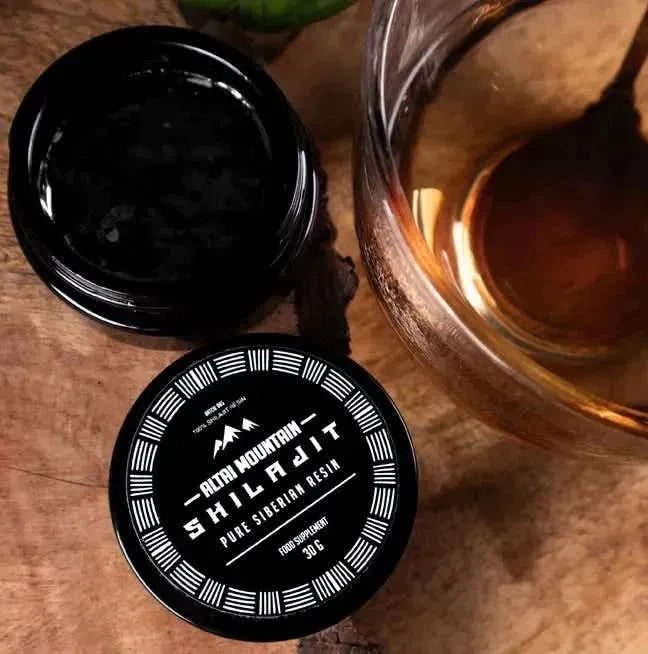Green Tea China Pi Lo Chun - Premium Spiral Leaf Traditional
“From Paris With Love” Green tea blend, loose tea 100g Premium Natural
Taste:
Violet Raspberry
- A wonderful taste: a special combination of sweet raspberries and delicate violets
- With premium natural ingredients
- Enjoy warm or as iced tea
- A perfect gift for family, friends and tea lovers
- Made in Germany: Made in Germany
- Quick preparation in just 3 minutes
- Well packaged in a resealable aroma protection tin and bag
Guarantee Safe Checkout
Traditional Brewing Method
To preserve the delicate nature of Pi Lo Chun:
- Use 12-15g tea per liter of water
- Heat water to 75-80°C (167-176°F)
- Steep for 2-3 minutes
- Leaves can be infused multiple times
For best results, use filtered water and adjust steeping time to taste preference. The leaves will slowly unfurl during steeping, releasing their characteristic aroma and flavor.
Single-Origin Green Tea
Ingredients: Green Tea China Pi Lo Chun
Pi Lo Chun green tea leaves are:
- Hand-picked in early spring
- Carefully processed to maintain leaf integrity
- Known for their distinctive spiral shape
- Characterized by fine, downy buds
- Sourced from Jiangsu province's tea gardens
Traditional Benefits of Pi Lo Chun Green Tea
This classic Chinese green tea offers multiple traditional benefits:
- Contains natural polyphenols and catechins that act as antioxidants
- Provides L-theanine, an amino acid traditionally associated with mental clarity
- Features naturally occurring compounds that may support cardiovascular health
- Offers a moderate amount of caffeine for gentle energy
- Contains minerals and nutrients that traditionally support overall wellness
- May help maintain healthy metabolism and digestion
Heritage of Pi Lo Chun Tea
Pi Lo Chun's rich history dates back to the Ming Dynasty:
- Originally named "Scary Fragrance" due to its surprisingly strong aroma
- Ranked among China's ten famous teas
- Traditionally picked before the Qing Ming Festival
- Historically served to imperial courts
- Processing techniques passed down through generations of tea masters

